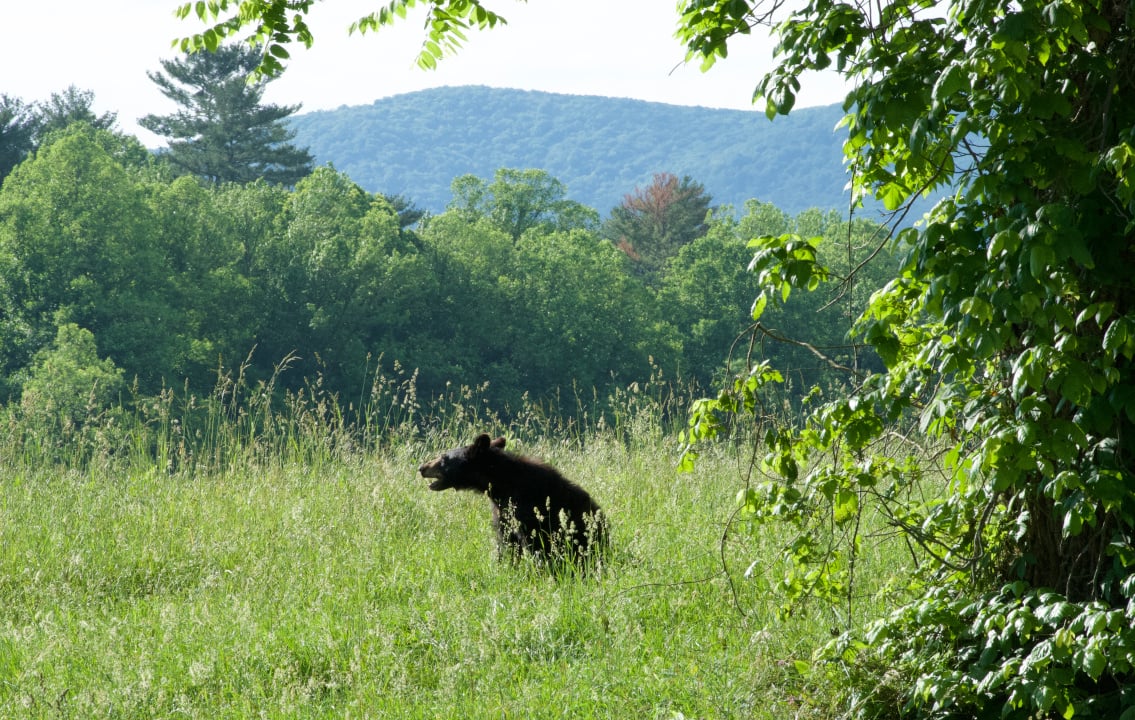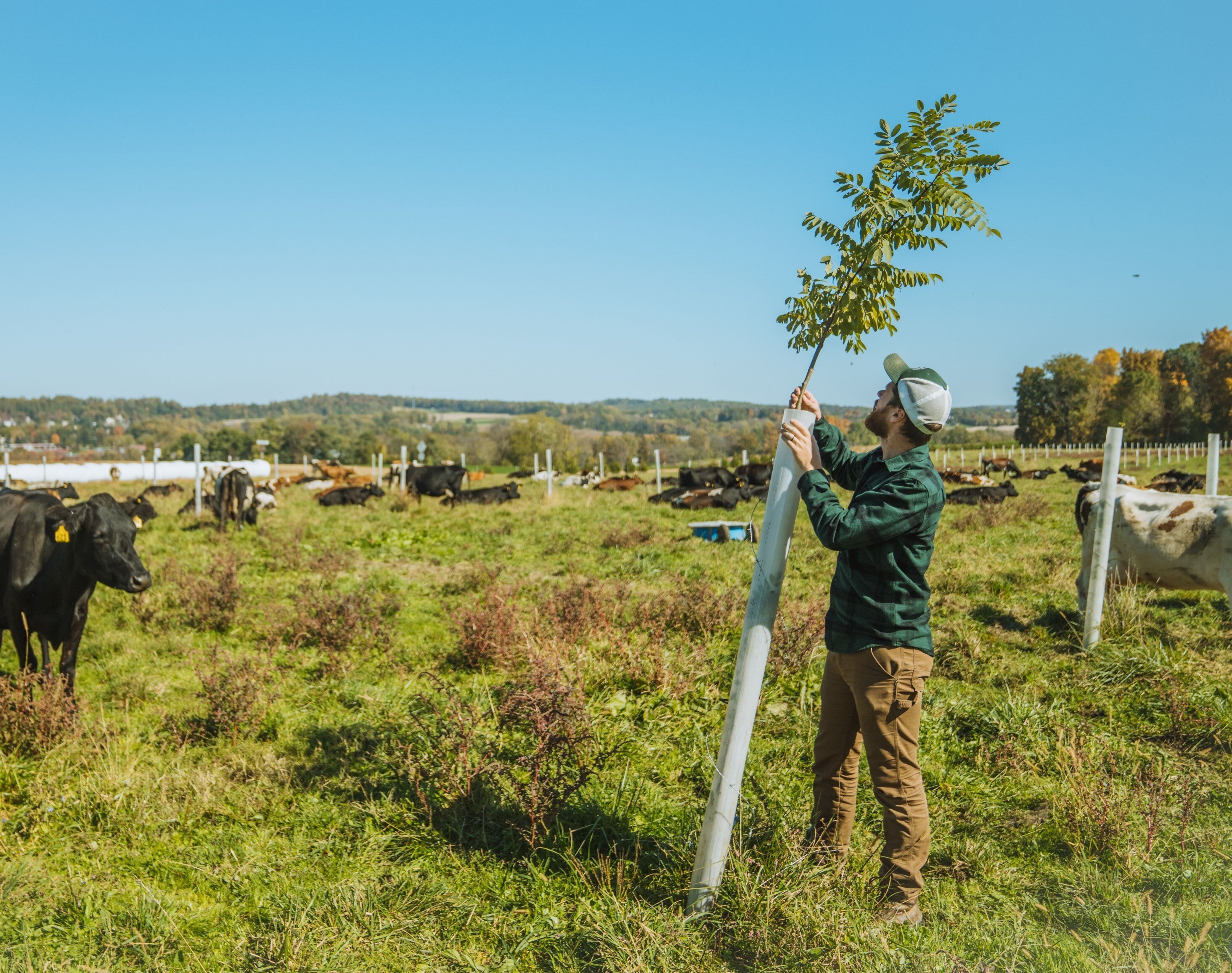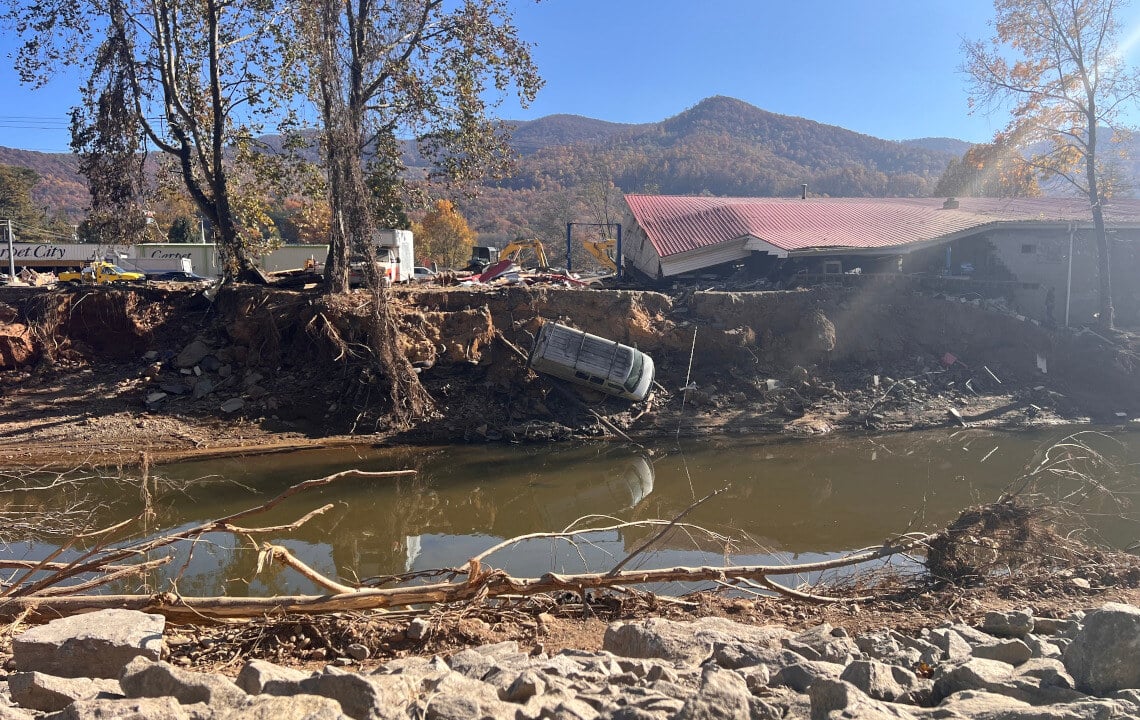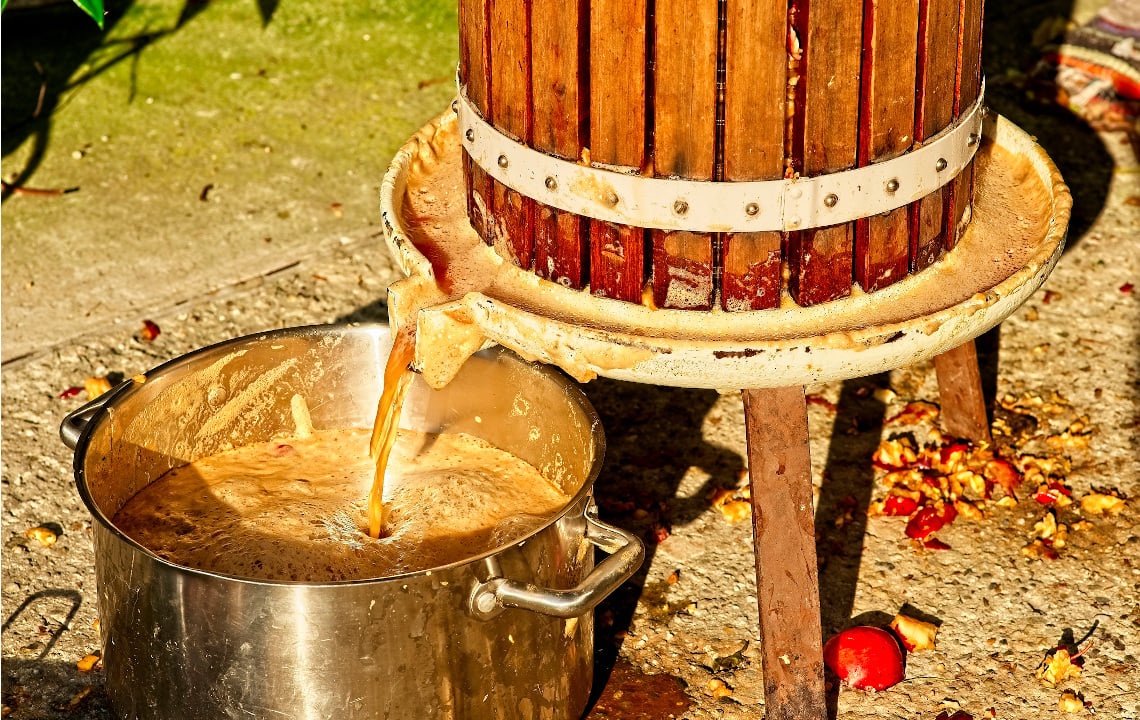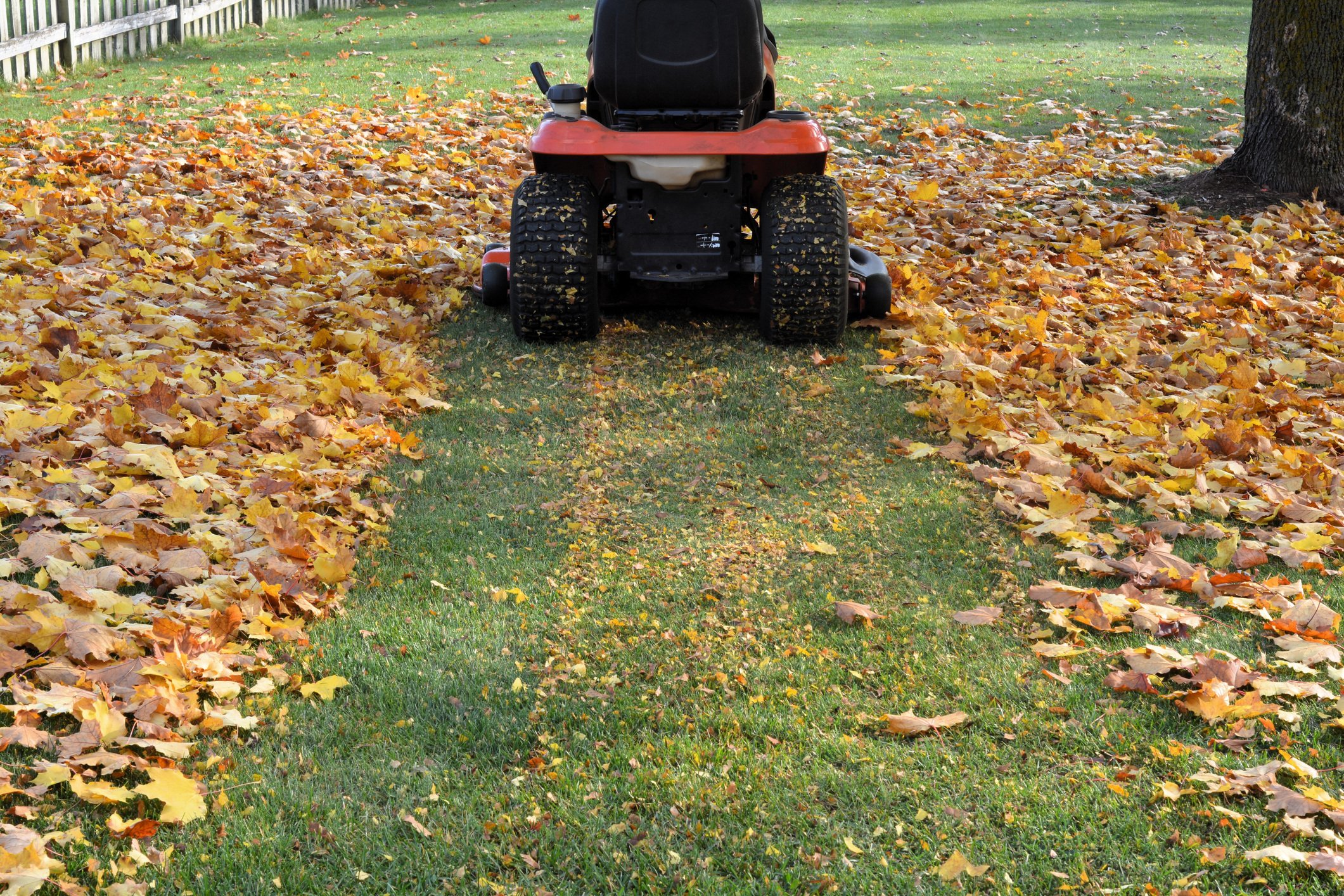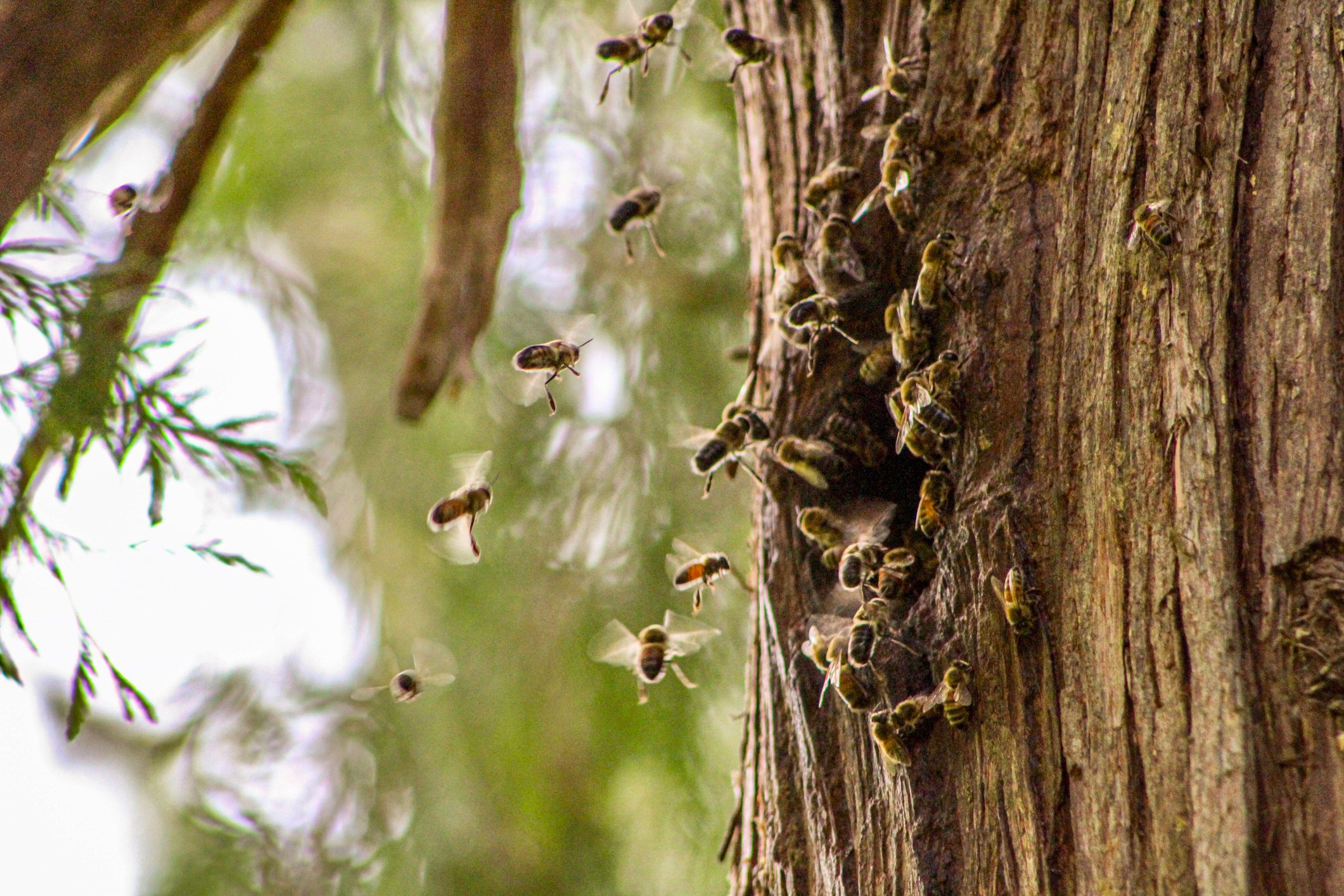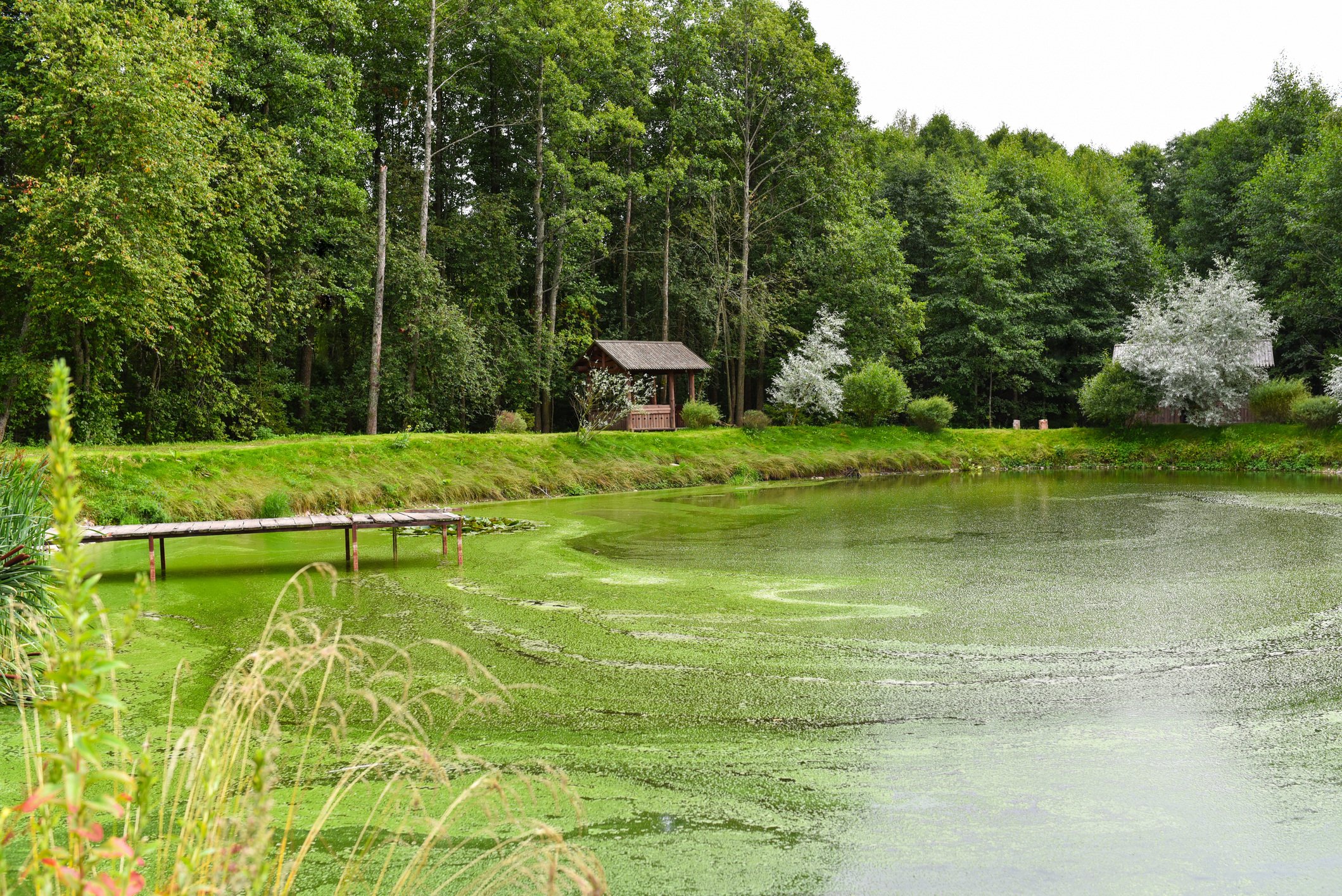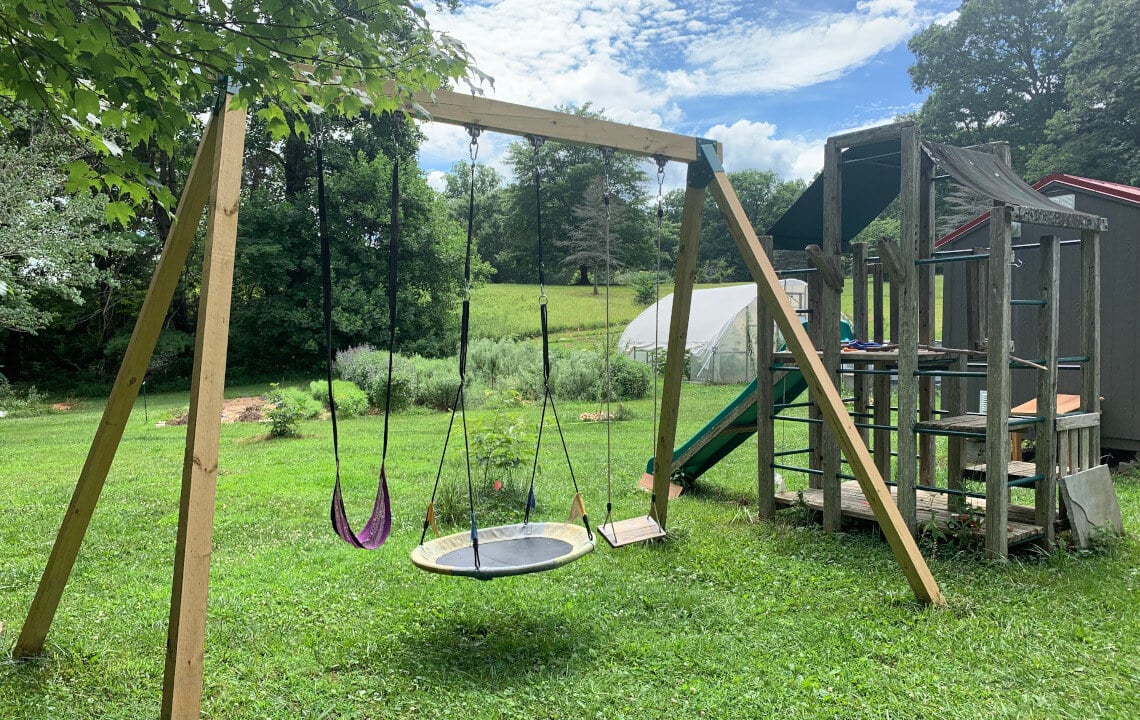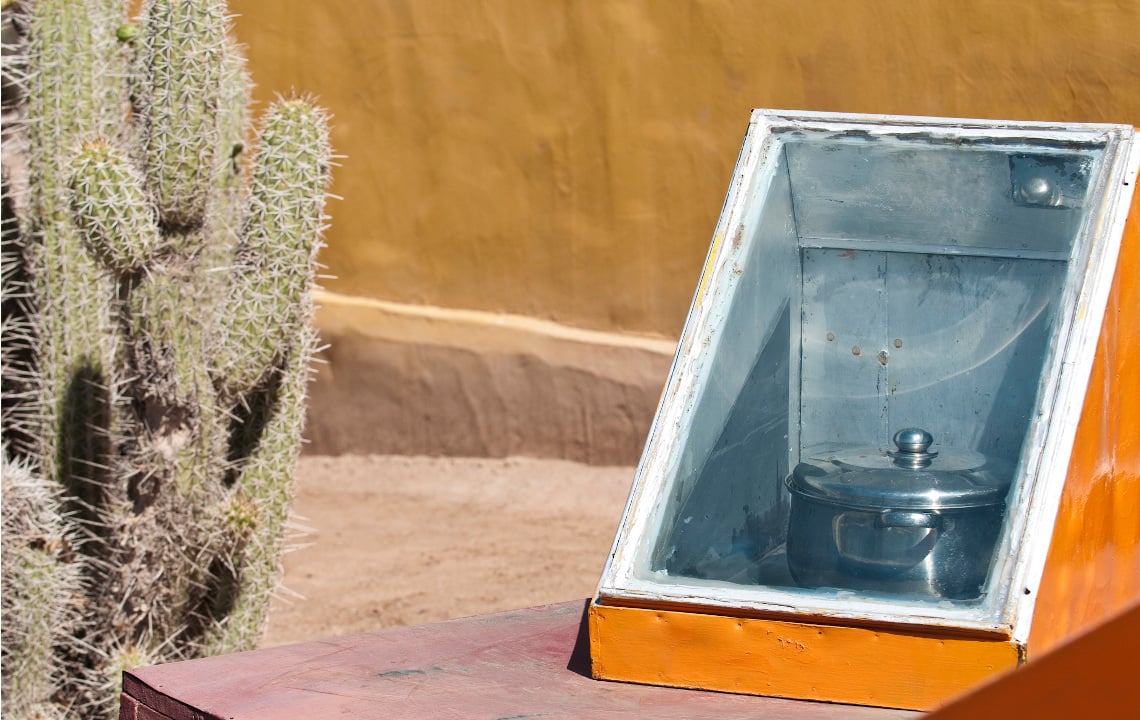Camping brings you up close and personal with nature, whether you car camp or venture far into the backwoods. But when camping in bear country, it's important to know your boundaries and stay vigilant. A veteran camper offers these safety tips.
The more bears are around people, the bolder they become about approaching hikers, campers and tourists in the wilderness. As many park rangers say “a fed bear is a dead bear.” Knowing about safe camping practices while in bear country will not only keep you and your fellow campers safe, it will also protect the bear population.
.jpg?width=1000&name=DSC_1604(1).jpg)
There are two types of bears in the lower 48 states, the black bear and the brown (or grizzly) bear. Black bears are found in almost every state and grizzlies are mainly found in the west and northwest states.
Grizzly bears are generally larger and have a hump between their shoulders, while Black bears are smaller and have less noticeable claws. Grizzly bears are generally thought of as being the more aggressive species, but that is not always the case. The rate of bear encounters in places like Great Smoky Mountain National Park is on the rise, mainly due to bears getting into people’s food and trash.
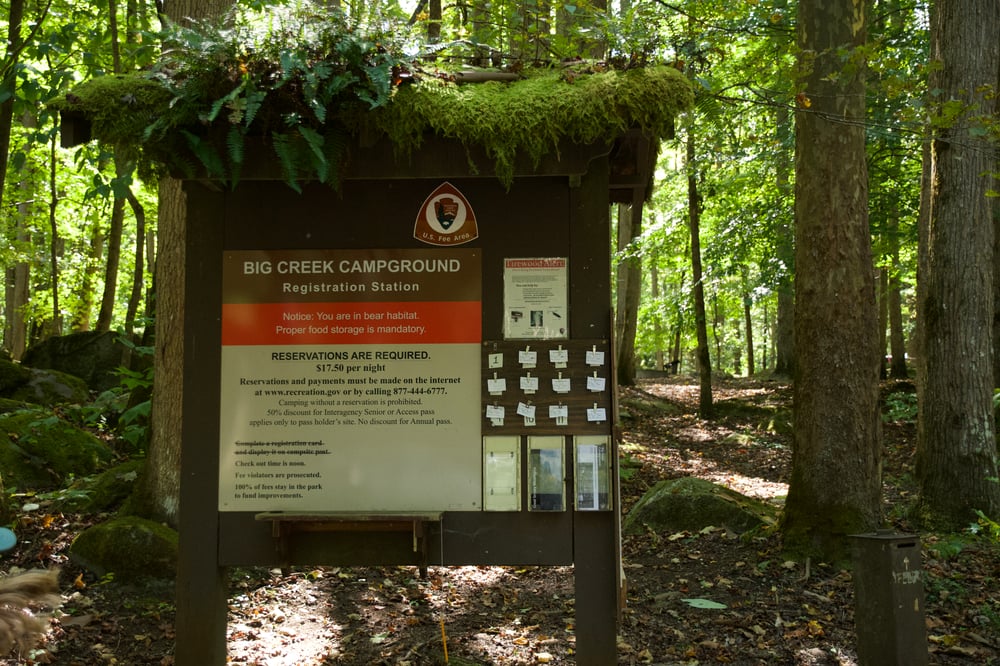
So what should you do to take precautions while camping in bear country?
According to the American Bear Association “choose an open site away from dense vegetation, natural food areas, forest cover or natural pathways.” The ABA also recommends cooking and washing dishes at least 100 feet away from the tent.
If you are camping in a site that allows dogs, always keep them leashed. Many states that allow bear hunting also allow using dogs to track the bears, so many times a bear will feel threatened by your canine companion. The best defense against keeping a bear out of your camp is good food storage.
Bears are used to scavenging, so if your campsite smells like dinner, you may see a bear up close. Never leave food, trash or personal items such as toothpaste in your tent. Many campsites in bear country have bear proof boxes available to store food overnight.
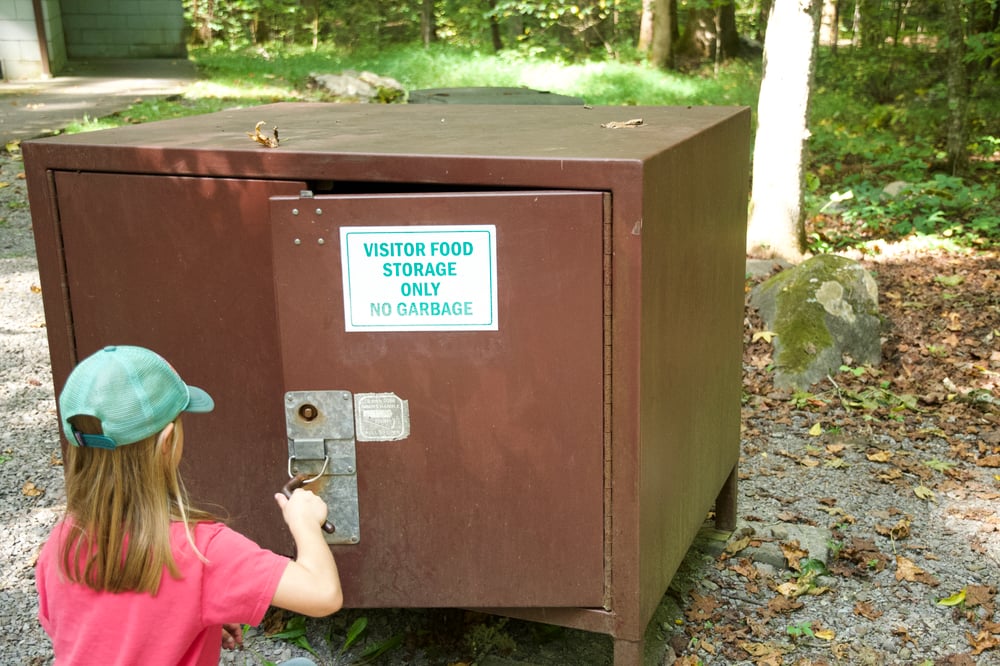
It is not recommended to leave food in cars overnight, bears can still break into cars. If no bear box for food storage is available, it is recommended to hang any item that may have a scent.
The ABA recommends hanging items at least ten feet off the ground and five feet away from the tree trunk.
Many outdoor stores will carry bear canisters which can be left on the ground. These are usually hard plastic containers with a lid that screws on and off. Bear canisters can range from $70-$150 depending on the size.
If all else fails and you do find yourself close to a bear, remain calm.
Bears are predators and if you run, they will most likely chase you. If you can pick up small children and walk away slowly, this is the preferred course of action.
Try not to scream, some sources recommend speaking calmly in a low voice to alert the bear you are not prey. If a black bear attacks, it is recommended to fight back using rocks and sticks, many times it will give up.
If a grizzly bear attacks, leave your backpack on and play dead on your stomach with your hands behind your neck.
The National Park Service does not recommend fighting back if it is a grizzly bear attack, they state it could make the intensity of the bear attack worse. However, the National Park Service insists “each bear and each experience is unique; there is no single strategy that will work in all situations and that guarantees safety.”
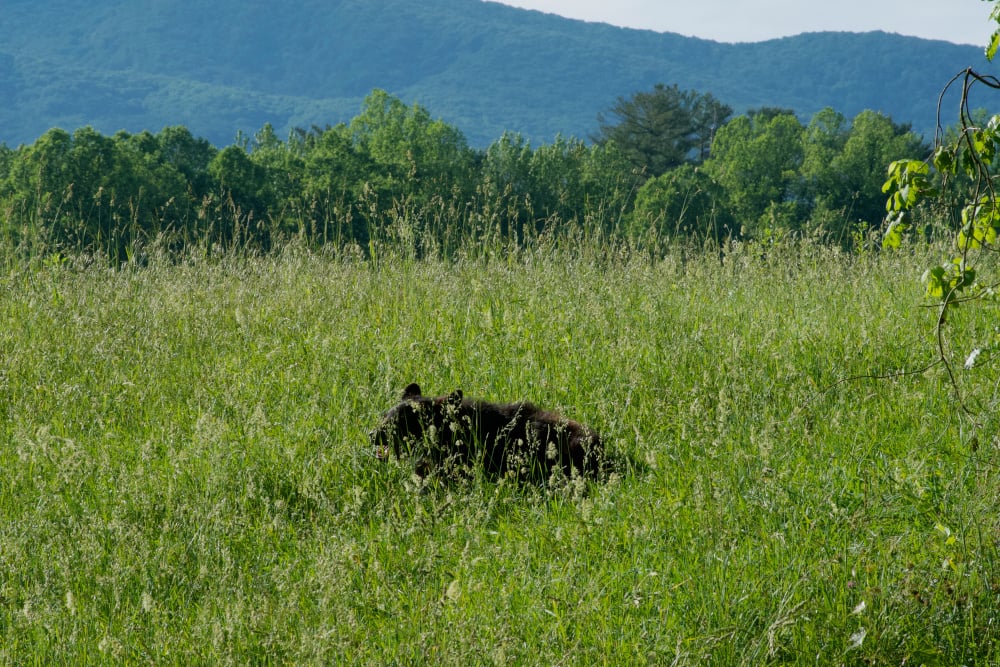
The best course of action is to remain at least fifty yards away from dangerous predators, especially bears.
It is a thrill to see a bear of any kind up close, especially in their natural habitat. The number of bears that have to be relocated or euthanized is increasing every year.
By hanging food and keeping trash out of a bear's reach whether in town or in the woods, we can decrease this growing problem. Be cautious while hiking or camping in bear country, but don’t forget to enjoy the bears from a safe distance, they can be entertaining to watch.


